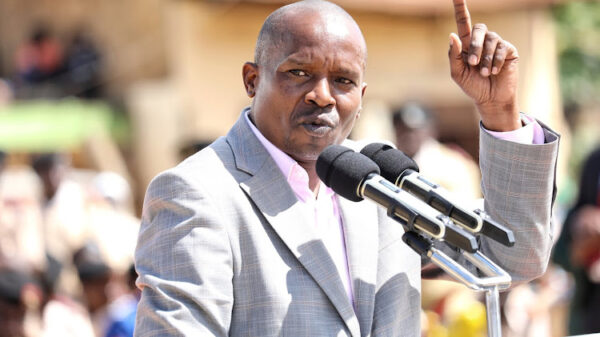
A total of 1.4 billion children under the age of 16 worldwide do not have any sort of social protection, making them exposed to disease, poor nutrition, and poverty.
This comes after two UN agencies and the British charity Save the Children released the figures on Wednesday.
The International Labour Organisation (ILO), United Nations Children’s Fund (UNICEF), and Save the
Children compiled the data. In economies with low incomes, fewer than one in every ten children
has access to child benefits, revealing a considerable difference when compared to children in high-income countries.
According to the Global Director of Social Policy and Social Protection at UNICEF Natalia Winder
Rossi, 333 million children are living in extreme poverty, struggling to survive on less than
$2.15 per day, and nearly one billion children living in multidimensional poverty.
“At the current rate of progress, achieving the Sustainable Development Goal poverty targets is out of reach. This is unacceptable,” she added.
According to the NGOs, child benefits are an important social protection measure designed to
support children’s long-term well-being. Many children are denied the fundamental resources and
services required to transcend poverty, leaving them vulnerable to the long-term effects of hunger,
malnutrition, and unrealized potential.
According to the data, global access to child benefits has increased modestly over the last 14 years,
from 20% in 2009 to 28.1% in 2023.
However, improvement has been unequal. In low-income
countries, coverage rates remain shockingly low, hovering around 9%. At the same time, 84.6% of
children in high-income nations are insured.
Children’s coverage rates in countries that are highly vulnerable to the climate crisis are one-third
lower than in countries that are not.



































































